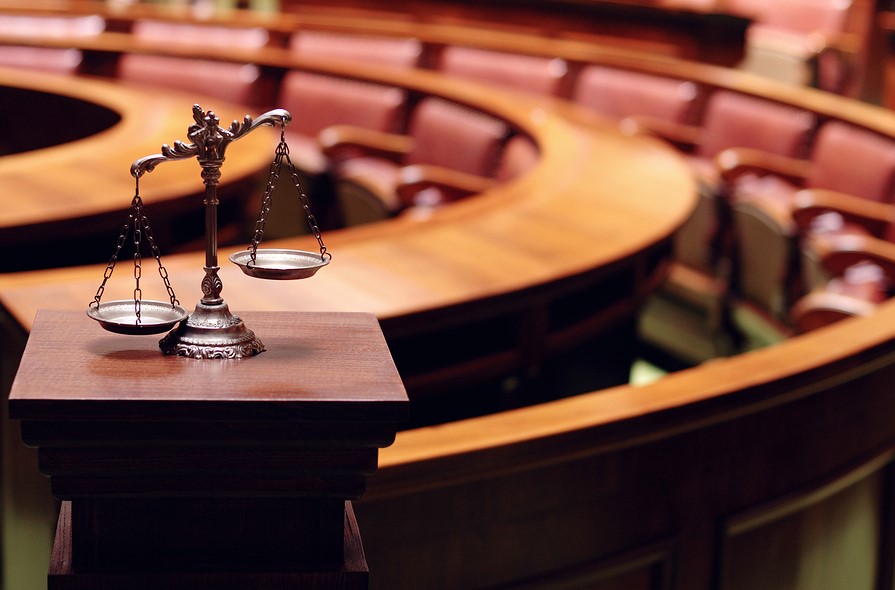 Tilburg Regulation Faculty presents extremely-ranked nationwide and worldwide training and research in regulation and public administration. Article 58. The term of the supplementary punishment of deprivation of political rights is counted as commencing on the date that imprisonment or felony detention ends or on the date that parole begins; the deprivation of political rights is naturally to be effective through the period during which the principal punishment is being executed.
Tilburg Regulation Faculty presents extremely-ranked nationwide and worldwide training and research in regulation and public administration. Article 58. The term of the supplementary punishment of deprivation of political rights is counted as commencing on the date that imprisonment or felony detention ends or on the date that parole begins; the deprivation of political rights is naturally to be effective through the period during which the principal punishment is being executed.
If it doesn’t occur to \(D\) that \(\phi\)ing might trigger loss of life, it also doesn’t happen to \(D\) that \(\phi\)ing may lead to her suffering the extra punishment prescribed for inflicting it. \(D\) is more likely to factor this information into her resolution-making if the felony law insists that \(D\) is conscious of the chance—if it insists on correspondence between actus reus and mens rea.
Article 50. If a person sentenced to dying with a suspension of execution dose not deliberately commit against the law in the course of the interval of suspension, he is to be given a discount of sentence to life imprisonment upon the expiration of the two-12 months interval; if he demonstrates meritorious service, he’s to be given a reduction of sentence to not less than fifteen years and less than twenty years of mounted-term imprisonment upon the expiration of the 2-12 months period; if there is verified proof that he has intentionally committed against the law, the demise penalty is be executed upon the approval of the Supreme People’s Court docket.
Non-public and public worldwide law; worldwide courts and tribunals; arbitration; international industrial regulation; land and maritime boundary and territorial disputes; air and space law; international economic regulation; immigration and asylum legislation; constitutional law; criminal justice; scientific and technological issues in policing.
The provinces can go legislation dealing with subjects by which provinces have constitutional power and may enforce these laws (below s92 of the Structure Act, 1867) by imposing “punishment by tremendous, penalty, or imprisonment.” It’s due to this fact potential to have “provincial offences” enacted by the province, but when these offences battle with a statute handed beneath the federal government’s prison-regulation power, the federal law is usually paramount.






